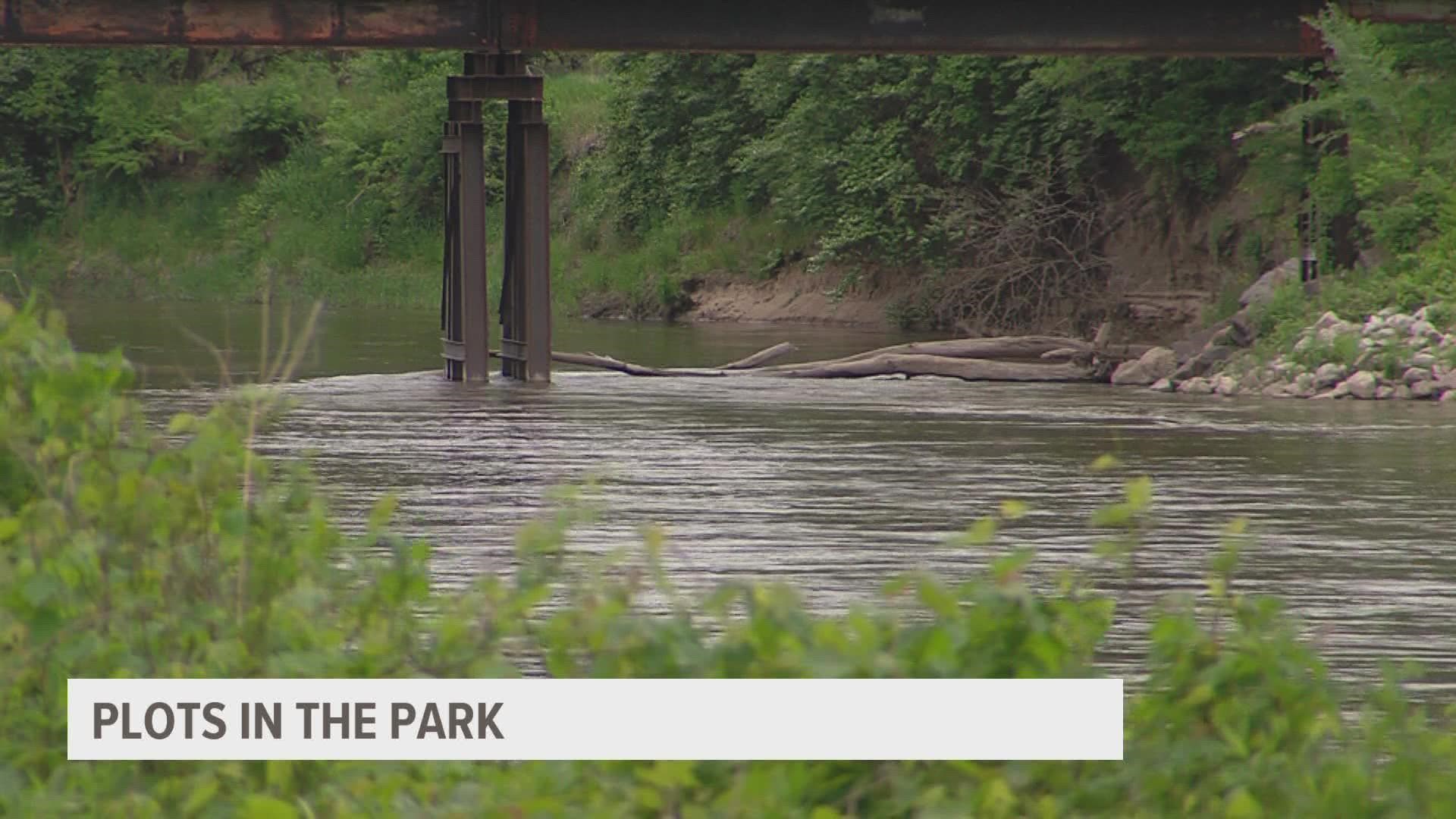DES MOINES, Iowa — On the banks of the Racoon River at Water Works Park in Des Moines, a partnership is sprouting.
"What we have here are three different replicated plots that are showcasing all the different ways that farmers use conservation, use technology and data," said Matt Carstens, CEO of Landus, a farmer-owned co-op in central Iowa.
The Plots in the Park sit along the parks running path and have been planted with corn, soybeans and cover crops.
According to Carstens, the short-term goal is "bringing everyone together from farms to those living in the Des Moines and using the water from Des Moines Water Works to those that are also influencing as direction goes moving forward."
In the long-term, this could lead to cleaner water flowing through Iowa's waterways.
"We're always concerned about water quality and the impacts that agricultural activities have," said Ted Corrigan, CEO and general manager of Des Moines Water Works.
Nutrients from farmland can end up in Iowa's waterways like the Racoon River which is one source of drinking water for the utility's 600,000 customers.
"If we get more and more people into the park, we can tell them our story, we can help them understand that the downstream side of this," Corrigan said.
Parkgoers will eventually get to see how different crops are grown, and they'll see the growing efforts farmers are making to implement best practices, like planting cover crops which, according to Landus, has spread to about 2 million acres in Iowa.
Farmers, meanwhile, will get access to information that may convince the adopt certain techniques.
"How do you find those data points to get the farmers comfortable...for their farming operation," Carstens said.

